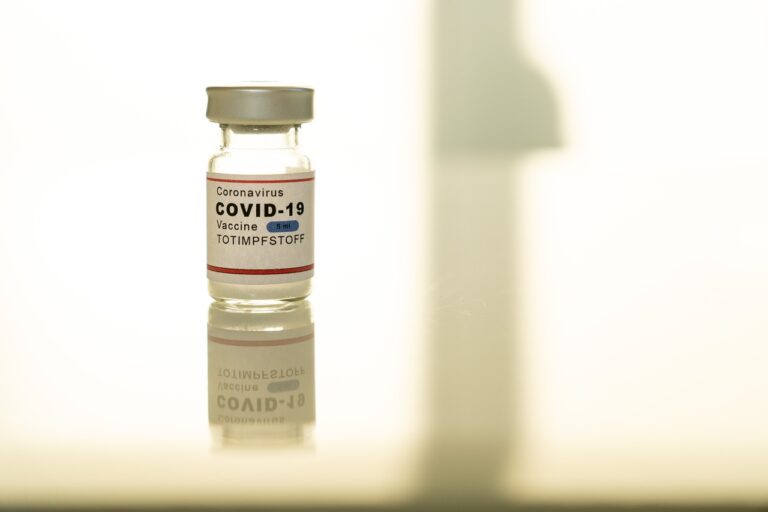Gene Editing Ethics: Considerations for Responsible Use and Governance
Gene editing technology has revolutionized the field of genetics by allowing scientists to precisely modify genetic material. While this technology holds great promise for disease treatment and eradication, it also raises ethical concerns regarding its potential misuse and unintended consequences. One of the key ethical dilemmas surrounding gene editing is the issue of consent and individual autonomy. As the technology becomes more advanced and accessible, there is a risk that individuals may be pressured or coerced into undergoing genetic modifications against their will or best interests.
Moreover, gene editing opens up the possibility of designing “enhanced” or “designer” babies with desirable traits, raising concerns about eugenics and the potential for exacerbating social inequalities. The ability to select for certain genetic characteristics could lead to a societal divide between those who can afford genetic enhancements and those who cannot, further widening existing disparities. Additionally, the long-term effects of gene editing on future generations are not fully known, raising questions about the moral responsibility of scientists and policymakers in prioritizing the well-being of individuals and society as a whole.
Potential Risks and Benefits of Gene Editing Technology
Gene editing technology, while holding the promise of groundbreaking advancements in genetic therapies, also raises concerns regarding unintended consequences. One potential risk lies in the off-target effects of gene editing, where unintended changes to the genome may occur, leading to unforeseen genetic mutations. Such mutations could have unknown and potentially harmful effects on an individual’s health, underscoring the need for precise and accurate gene editing techniques.
On the flip side, the benefits of gene editing technology are substantial. Gene editing has the potential to treat, and even cure, genetic diseases that were once considered untreatable. By targeting and correcting faulty genes, this technology offers hope to individuals suffering from genetic disorders, opening up new possibilities for personalized medicine and improved healthcare outcomes. The ability to modify genes also extends beyond disease treatment, with potential applications in agriculture, biotechnology, and environmental conservation.
Regulatory Frameworks for Gene Editing Research
The regulatory frameworks governing gene editing research play a crucial role in ensuring ethical standards and safety measures are upheld within the scientific community. These frameworks are established by various governing bodies to provide guidelines and oversight for research involving genetic manipulation, aiming to balance scientific advancement with ethical considerations.
The implementation of regulatory frameworks for gene editing research involves collaboration between researchers, policymakers, and regulatory agencies to establish clear guidelines and protocols. By setting specific criteria for the review and approval of gene editing experiments, these frameworks help promote transparency, accountability, and responsible conduct within the field of genetic engineering.
What are some ethical implications of gene editing?
Some ethical implications of gene editing include concerns about altering the natural order of life, potential unintended consequences, and questions about the use of gene editing for enhancement rather than medical purposes.
What are the potential risks and benefits of gene editing technology?
The potential risks of gene editing technology include off-target mutations, unknown long-term effects, and the possibility of creating genetic inequalities. Benefits include the potential for curing genetic diseases, improving crop yields, and advancing scientific knowledge.
What are some examples of regulatory frameworks for gene editing research?
Some examples of regulatory frameworks for gene editing research include guidelines set by organizations like the National Institutes of Health (NIH) and the Food and Drug Administration (FDA) in the United States, as well as international agreements such as the Convention on Biological Diversity.







